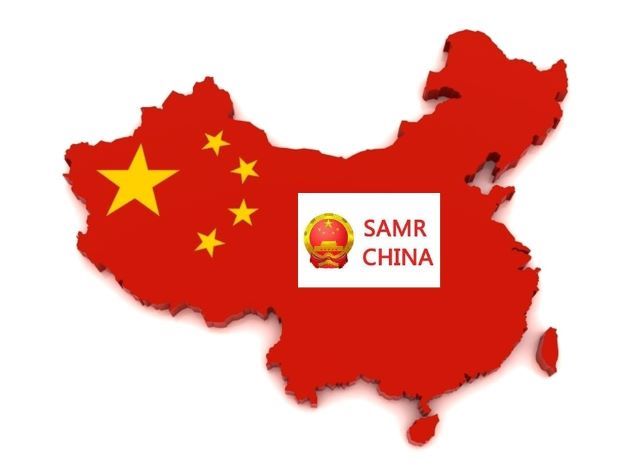China’s competition regulator, the State Administration for Market Regulation (“SAMR”), issued a consultation draft of the Anti-Monopoly Guidelines on the Sector of Platform Economies (the “Draft Guidelines”) on November 10, 2020.
This marks China’s first major step in formulating a comprehensive regime to regulate competition among platform businesses operated on the Internet (the “Platform Economy”) and signals SAMR’s changed regulatory priorities with a focus on anti-competitive behavior in the Platform Economy.
The Draft Guidelines attempt to address perceived shortcomings in applying traditional antitrust analysis to the Platform Economy. SAMR has drawn upon the experience of regulators and academics in this emerging area and attempted to consolidate the lessons learnt in various jurisdictions. The Draft Guidelines set out in detail the considerations that may be taken into account and the defenses that may be available, providing some guidance to platform businesses on how to achieve compliance.
While the Draft Guidelines are brief in length, only 23 provisions in total, they are wide‑ranging in their scope. Rather than an exhaustive review of the Draft Guidelines, this note examines selected provisions. If implemented in the current form, many more mergers and acquisitions may be subject to China’s merger control clearance and antitrust investigation and enforcement may become a much more realistic and serious prospect for Internet-based businesses participating in the China market.
The Draft Guidelines represent a comprehensive guide to how SAMR intends to regulate anti-competitive behavior in the Platform Economy and signal SAMR’s determination to make regulation of anti-competitive behavior in the Platform Economy a priority. If implemented in their current form, the Draft Guidelines may significantly increase the number of mergers and acquisitions in the Platform Economy that are subject to merger control review and increase the likelihood of findings of antitrust violations and enforcement, resulting in increased regulatory risks and costs for participants in the Platform Economy in China. This may have far-reaching effects, not only on the operators in the Platform Economy in China and their transaction counterparties, but also indirectly on private equity and venture capital investors who have been active in investing in this sector.
 SAMR invites public comment on the Draft Guidelines before November 30, 2020.
SAMR invites public comment on the Draft Guidelines before November 30, 2020.


























